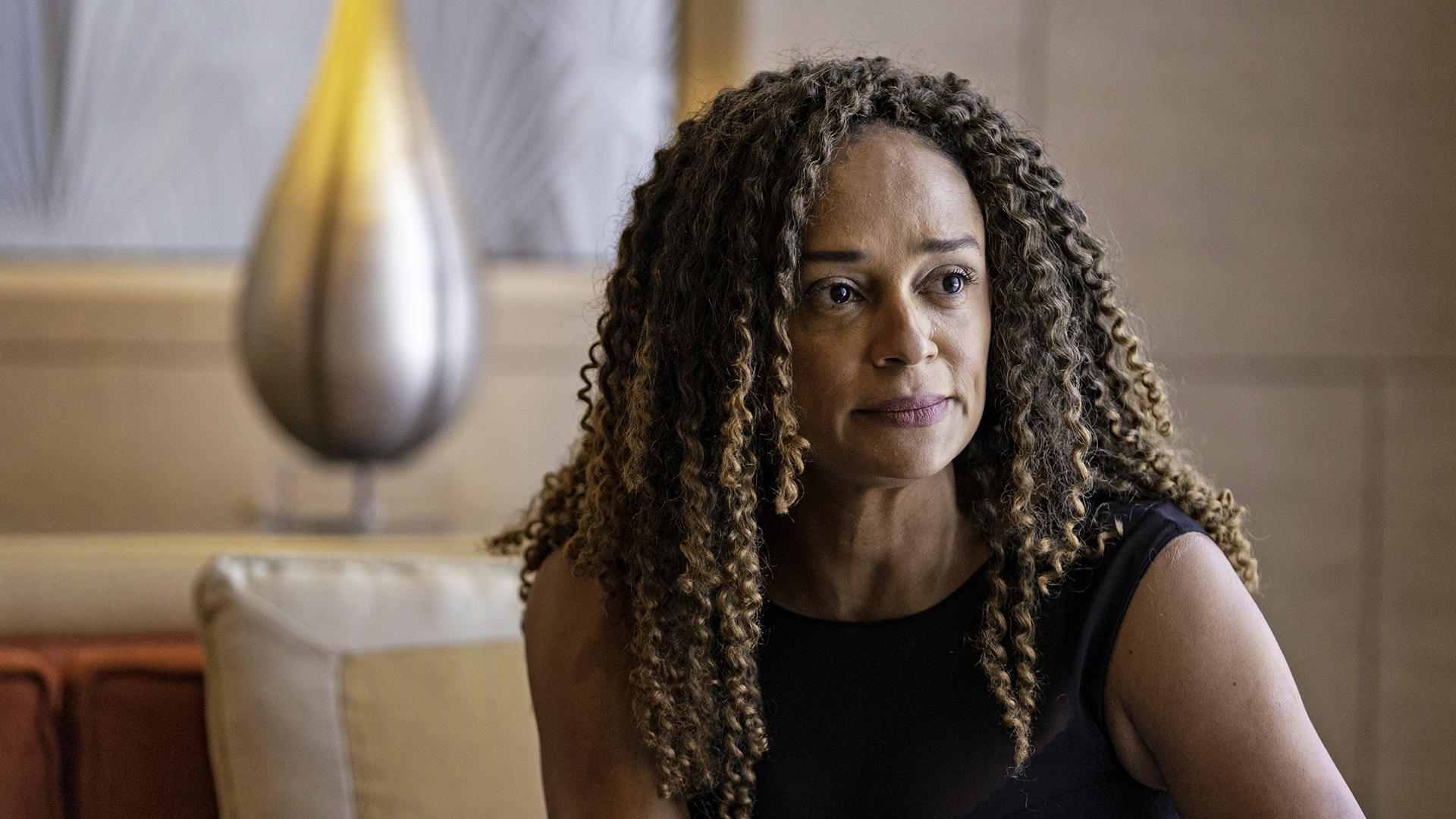
Mansoor Al Malik, Executive Director of Policies and Legislation at Dubai Customs, emphasised the emirate’s dedication to sharing expertise with customs administrations globally, underscoring how such exchanges bolster resilience in international supply chains, benefit the global economy and foster collaborative learning.
The Smart Risk Engine employs data analytics to flag shipments deemed high‑risk, enabling expedited clearance for low‑risk cargo. The Authorised Economic Operator Programme supports certified businesses in streamlining supply‑chain operations, while Makzni digitally tracks and manages warehouse activities—each system contributing to digitised efficiency.
Dubai Customs’ demonstrations align with its broader commitment to digital governance and operational excellence. The department has achieved significant milestones: implementing process improvements such as Six Sigma, Lean and Kaizen; attaining around 99.6 percent electronic‑service adoption; and reducing service completion times by approximately 61 percent. These metrics underscore the department’s efforts to transform service delivery and align with Dubai’s smart‑city aspirations.
For Angola, these insights arrive as it seeks to modernise customs operations and reinforce trade facilitation. The Angolan delegation acknowledged Dubai’s approach as a benchmark in modern customs management and conveyed interest in expanding technical collaboration, signalling potential for future exchange programmes or capacity‑building initiatives.
The visit coincides with broader convergence in UAE–Angola economic engagement, as exemplified by the establishment of a UAE–Angola Business Council under a recently signed memorandum of understanding. The council, backed by the respective chambers of commerce, aims to boost investment channels, organise trade missions, and develop sector-specific cooperation.
Dubai Customs continues to position itself at the forefront of digital trade advancement. Earlier in the year, its cross‑border e‑commerce platform earned recognition as the ‘Best Pioneering Initiative’ under the Hamdan bin Mohammed Program for Government Services. The platform epitomises the drive to craft seamless, user‑centric public services.
The Angolan delegation’s exposure to Dubai’s digitisation journey reflects a growing recognition of technology’s pivotal role in customs modernisation. By witnessing real-time systems in action—from risk assessment to warehouse logistics—they gained a comprehensive view of how integration, automation and process optimisation underpin resilient trade infrastructure.
As Angola explores adopting elements of Dubai’s model, opportunities emerge for structured partnerships, including technical mentorship, pilot deployment of digital systems and joint training workshops. Such collaborations could form an important component of Angola’s broader economic modernisation and trade expansion strategy.
The visit vividly illustrates the role of peer learning in customs transformation, shine-lighting how a technology-driven model can advance throughput, security and transparency. For Dubai, continuing to host international delegations reinforces its role as a knowledge hub, while for Angola, it provides tangible pathways for upgrading its capacity to meet evolving trade demands.
Potential next steps may include formal technical assistance agreements, exchange programmes enabling hands-on exposure to customs technology deployment, or co-development of pilot initiatives tailored to Angola’s logistical and regulatory context.
By spotlighting successful digital customs innovations and inviting international peers to engage directly with its systems, Dubai Customs not only enhances its global standing but also contributes to elevating customs standards across the region.
Topics
Live News
